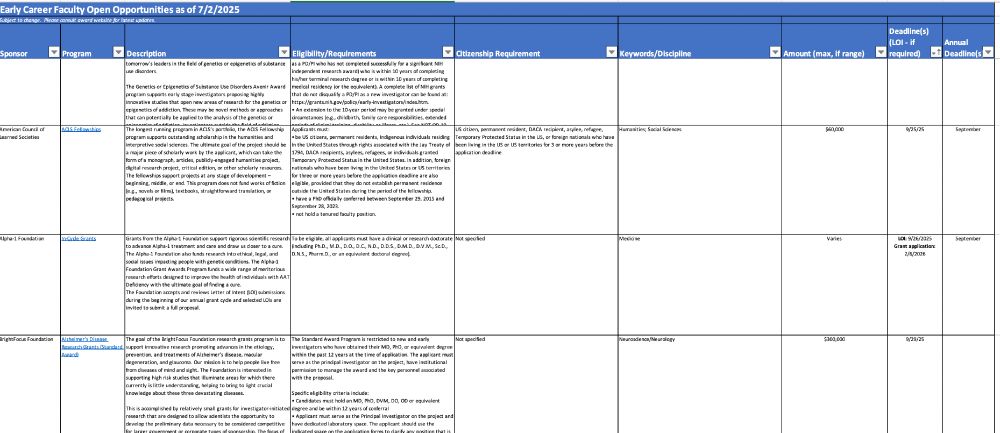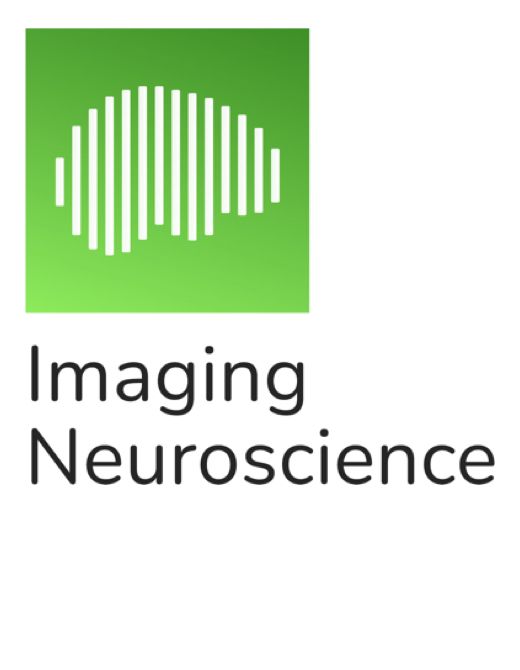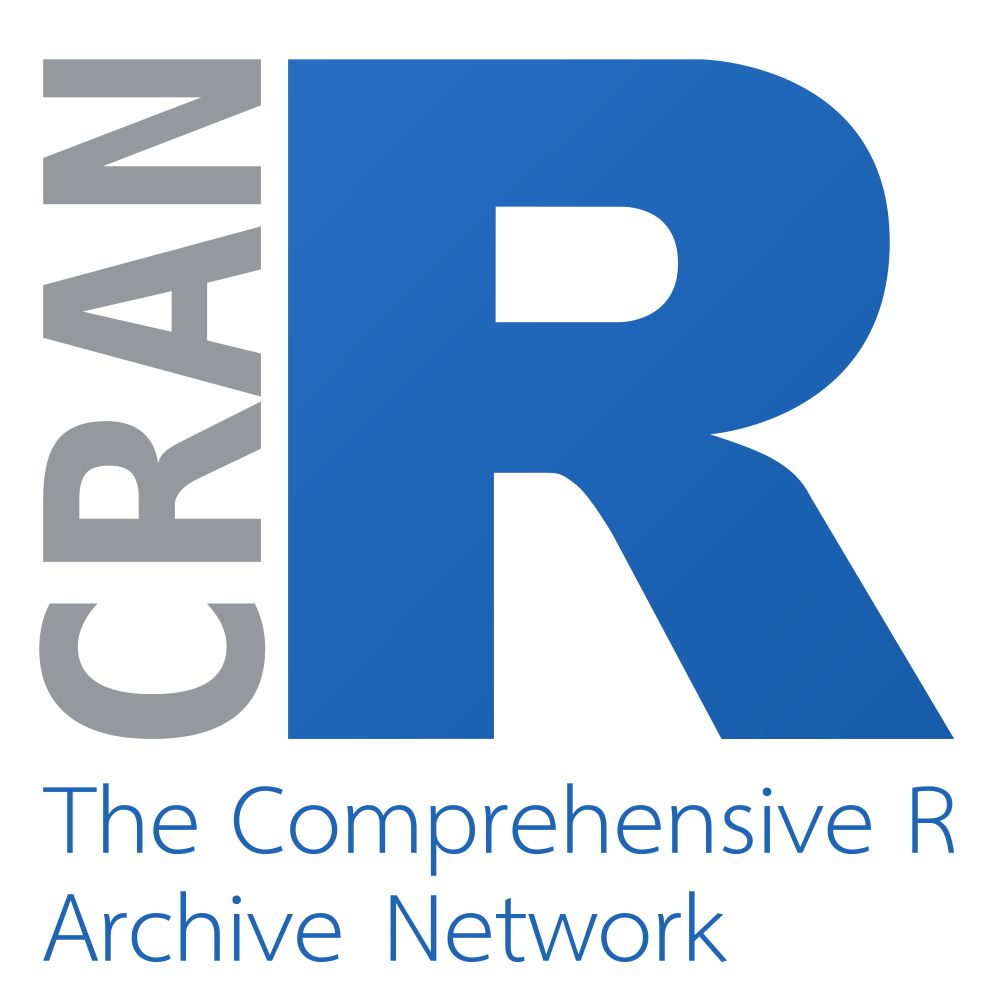
Incoming Assistant Professor at Texas A&M - 2026
The Psychological Quest for Meaning is out!
Aimed at researchers, but we hope it is readable for anyone interested in how humans make sense of their lives.
Guilford Press is offering 15% off with code AU2E:
www.guilford.com/books/The-Ps...

The Psychological Quest for Meaning is out!
Aimed at researchers, but we hope it is readable for anyone interested in how humans make sense of their lives.
Guilford Press is offering 15% off with code AU2E:
www.guilford.com/books/The-Ps...
youtube.com/watch?si=XpW6ioXhz0E7z44w&v=zFMwFdTq-YI&feature=youtu.be

youtube.com/watch?si=XpW6ioXhz0E7z44w&v=zFMwFdTq-YI&feature=youtu.be

Algorithmic Primitives and Compositional Geometry of Reasoning in Language Models
www.arxiv.org/pdf/2510.15987
🧵1/n

Algorithmic Primitives and Compositional Geometry of Reasoning in Language Models
www.arxiv.org/pdf/2510.15987
🧵1/n
The Coupled Minds Lab at @tamu.bsky.social will use a multimodal approach combining fMRI hyperscanning, computational modeling, and natural language processing to study how conversations transform minds. Learn more: coupled-minds.github.io
Due Date Dec 1
The Coupled Minds Lab at @tamu.bsky.social will use a multimodal approach combining fMRI hyperscanning, computational modeling, and natural language processing to study how conversations transform minds. Learn more: coupled-minds.github.io
Due Date Dec 1
www.pnas.org/doi/10.1073/... #neuroskyence

www.pnas.org/doi/10.1073/... #neuroskyence

www.biorxiv.org/content/10.1...

www.biorxiv.org/content/10.1...
www.cambridge.org/core/books/i...

www.cambridge.org/core/books/i...

built a library to easily compare design choices & model features across datasets!
We hope it will be useful to the community & plan to keep expanding it!
1/
To appear in the DBM Neurips Workshop
LITcoder: A General-Purpose Library for Building and Comparing Encoding Models
📄 arxiv: arxiv.org/abs/2509.091...
🔗 project: litcoder-brain.github.io

built a library to easily compare design choices & model features across datasets!
We hope it will be useful to the community & plan to keep expanding it!
1/

“Toward a unified taxonomy of information dynamics via Integrated Information Decomposition”
www.pnas.org/doi/10.1073/...
An information-theoretic framework to analyse complex multivariate dynamical processes ✨

“Toward a unified taxonomy of information dynamics via Integrated Information Decomposition”
www.pnas.org/doi/10.1073/...
An information-theoretic framework to analyse complex multivariate dynamical processes ✨
#neuroskyence
www.thetransmitter.org/craft-and-ca...


🧠 Introducing "Spacetop" – a massive multimodal fMRI dataset that bridges naturalistic and experimental neuroscience!
N = 101 x 6 hours each = 606 functional iso-hours combining movies, pain, faces, theory-of-mind and other cognitive tasks!
🧵below

🧠 Introducing "Spacetop" – a massive multimodal fMRI dataset that bridges naturalistic and experimental neuroscience!
N = 101 x 6 hours each = 606 functional iso-hours combining movies, pain, faces, theory-of-mind and other cognitive tasks!
🧵below
My team is doing its bit to help by maintaining and even expanding our database of funding opportunities for early-career researchers.
We found 437 of them.
Download it freely here: research.jhu.edu/rdt/funding-...

My team is doing its bit to help by maintaining and even expanding our database of funding opportunities for early-career researchers.
We found 437 of them.
Download it freely here: research.jhu.edu/rdt/funding-...
direct.mit.edu/imag/article...

direct.mit.edu/imag/article...
Led by the wonderful Kyle Lafollette with an amazing team Yanni Yuval @roeyschurr.bsky.social and @d-melnikoff.bsky.social
www.pnas.org/doi/epdf/10....
Led by the wonderful Kyle Lafollette with an amazing team Yanni Yuval @roeyschurr.bsky.social and @d-melnikoff.bsky.social
www.pnas.org/doi/epdf/10....

#rstats
https://cran.r-project.org/package=ConversationAlign


